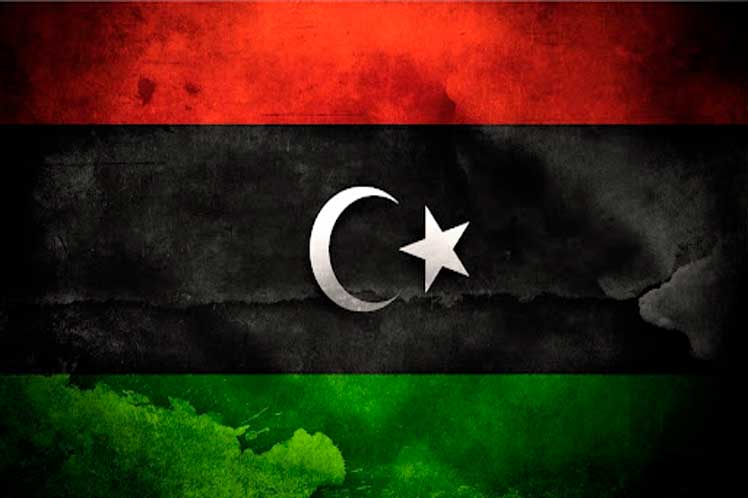To date, former ambassadors Ibrahim Dabbash, Aref Al-Nayed and Abdel Majid Ghaith Saif Al-Nasr have announced their plans to run for office, as has the comedian Hatem Al-Kour.
The former Ministers of Foreign Affairs Abdulhadi Al-Hawaij, Industry Fathi bin Shatwan and of the Interior Fathi Bashagha, as well as the former President of the Presidential Council Ahmed Maiteeq will also try to be elected.
According to the Al-Wasat digital newspaper, the interim Prime Minister Abdul Hamid Dbeiba plans to present his candidacy, although he clarified that his decision depends on pending changes to the electoral law, which obliges any candidate to resign from his government or military duties three months before the date of the elections.
Many parliamentarians and parties rejected any reform to the legislation and recalled that officials with executive positions in this interim government signed a commitment in February not to run for elections.
The head of the self-proclaimed Libyan National Army, Marshal Khalifa Haftar, resigned from office on September 22nd in a decision seen as the preamble to his candidacy.
Under the auspices of the UN, 75 Libyan delegates representing various factions and territories elected a transitional government last February, charged with leading Libya until the December elections.
pgh/llp/jha/rob









